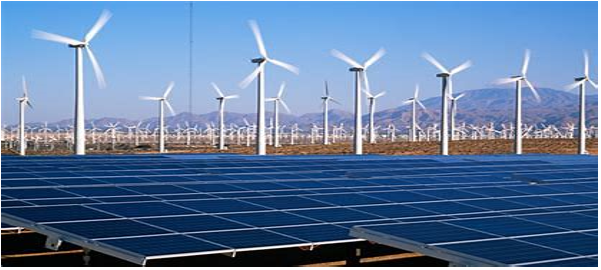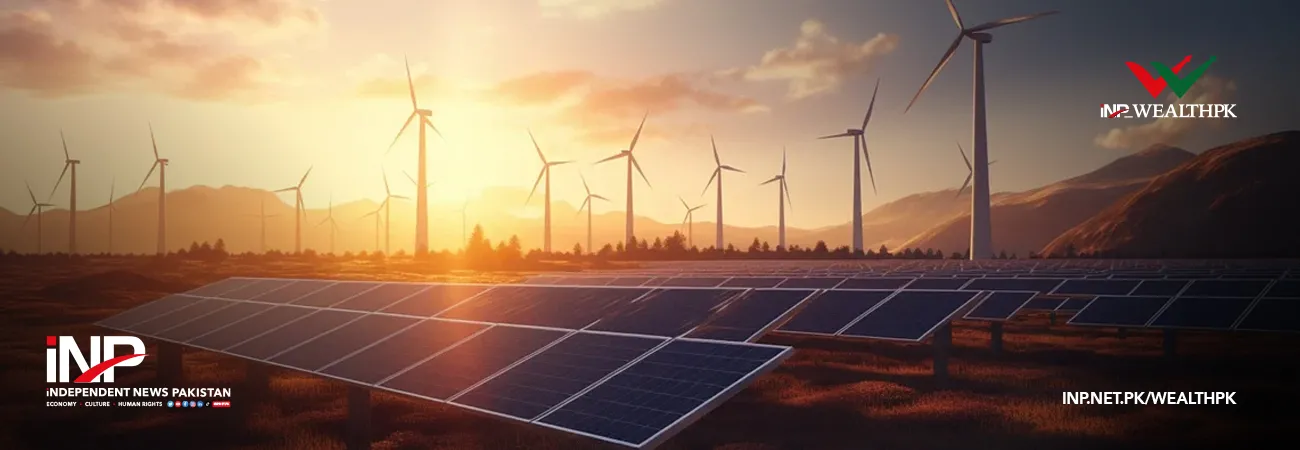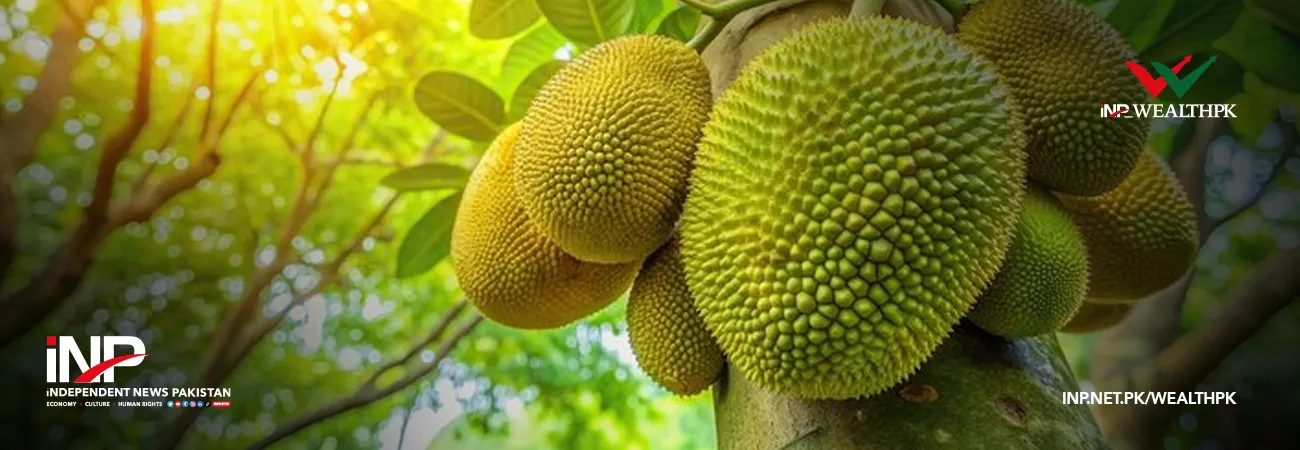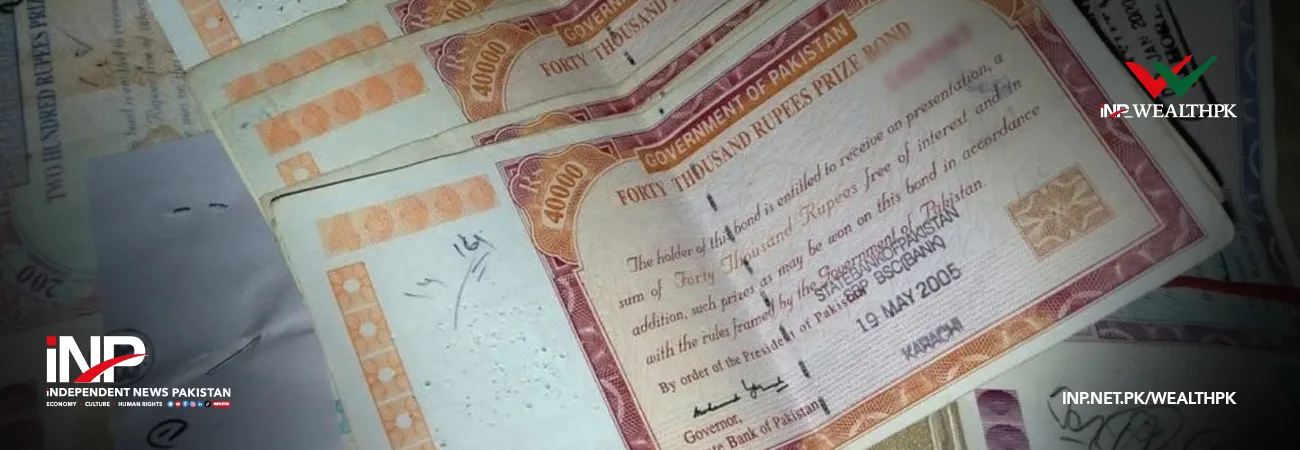INP-WealthPk
Amir Saeed
In Pakistan, integrating credit guarantees and fintech solutions is crucial for unlocking the potential of renewable energy investments, especially solar power, which currently makes up only about 7% of the country's energy generation.

Talking to WealthPK, Vardah Malik, climate finance adviser at Chemonics International, a development firm, said that the renewable energy sector is at a pivotal moment with credit guarantees emerging as a crucial mechanism to stimulate investment and mitigate risks associated with financing renewable projects. “As the country grapples with energy shortages and seeks to diversify its energy mix, leveraging credit guarantees can catalyse growth in the renewable energy sector, particularly solar power, which currently represents only about 7% of Pakistan's energy generation,” she underscored.
She further said that credit guarantees could significantly lower the perceived risk for investors by providing a safety net against potential defaults. “This is particularly important in Pakistan, where financial institutions are often hesitant to invest in renewable energy due to concerns over the viability and profitability of such projects.” “By assuring lenders that a portion of their investment will be protected, credit guarantees can encourage them to extend financing to renewable energy initiatives that might otherwise be deemed too risky.
This is especially relevant for smaller enterprises and startups in the renewable sector that struggle to secure funding due to their limited track record,” she said. Talking to WealthPK, Arif Lakhani, co-founder of Qist Bazaar, a buy now, pay later platform, highlighted that integrating fintech solutions into the renewable energy financing landscape could enhance access to credit for a broader population segment. “Many potential consumers of solar technology lack traditional banking relationship, which makes it challenging for them to access financing options.”
“Fintech companies are innovating around this challenge by offering flexible payment plans and lease-to-own models that align monthly payments with existing electric bills. This approach not only makes solar energy more affordable but also empowers consumers by allowing them to own their energy solutions overtime,” he noted. He further highlighted that the government has recognised the importance of facilitating renewable energy investments through various initiatives, including public-private partnerships and blended finance models.
“For instance, the Green Climate Fund (GCF) has been instrumental in supporting projects that integrate technology transfer and capacity building within the renewable sector. These initiatives aim to mobilise both public and private funding sources while ensuring that local stakeholders benefit from international investments,” he said. Lakhani lamented that despite these efforts, a significant gap still exists in financial flows into the renewable sector.
“Reports indicate that less than 1% of financial services are directed towards private sector renewable energy projects in Pakistan. This highlights an urgent need for enhanced collaboration between fintech companies and traditional financial institutions to create innovative financing solutions tailored to the renewable energy market. By developing mechanisms that reduce transaction costs and streamline lending processes, these partnerships can make it easier for consumers and businesses alike to invest in renewable technologies,” he emphasised.
“Public awareness also plays a critical role in driving demand for renewable energy solutions. Many consumers still perceive solar technology as an option primarily for affluent households, leaving a vast untapped market among lower-income groups who could greatly benefit from affordable solar solutions. Education campaigns highlighting the long-term savings and reliability of solar energy can help shift this perception and encourage broader adoption,” Lakhani noted.
Credit: INP-WealthPk













